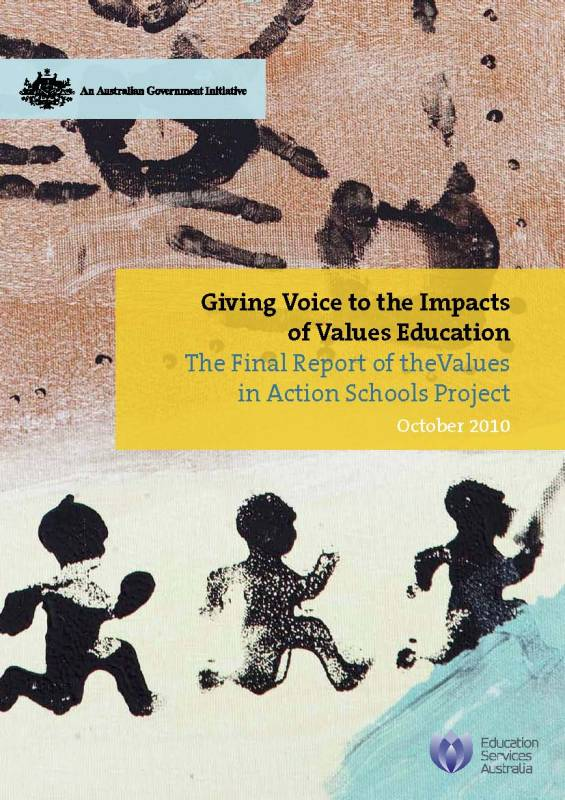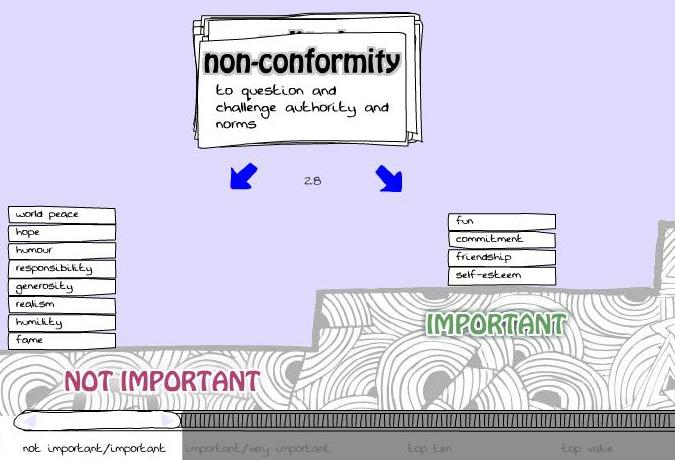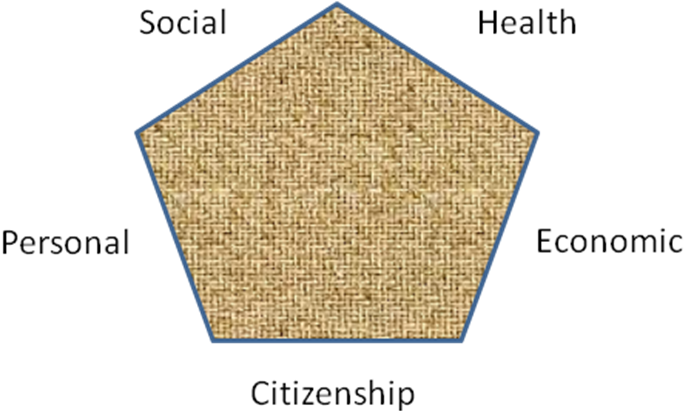Preparedness of leaders
The prevailing trend for more autonomy to be devolved to schools means that the quality of leadership is becoming even more critical to success. The need for rigorous preparedness, along with a high level of knowledge and skills, is paramount to match the professional autonomy and responsibility associated with high-performing schools in the 21st century. Teachers, other mentors and school support staff, along with parents and carers, all need the wherewithal and confidence to play their important parts in successfully engaging the hearts and minds of children and young people as they formulate their thinking, choices, actions and behaviour. Such adults can and do significantly raise aspirations, achievement levels and ultimately shape and influence the happiness and prospects of our young citizens.
{googleAds}<script type="text/javascript"><!--
google_ad_client = "ca-pub-9940670887654728";
/* Expert Articles 468x60 */
google_ad_slot = "7545621260";
google_ad_width = 468;
google_ad_height = 60;
//-->
</script>
<script type="text/javascript"
src="http://pagead2.googlesyndication.com/pagead/show_ads.js">
</script>{/googleAds}
Underpinning and key to fruitful, positive outcomes is explicit and effective values education, which, combined with the strengths of good PSHE education and ethical Citizenship, can bring about important changes in the emotional wellbeing, social competencies, attitudes, skills and life chances of all children and young people, whether or not they are subject to low self-esteem, because they are disadvantaged by poverty or disability or marginalised in some other way.
“Start with coherent aims, values and principles”
This is a profitable strategy applicable to countless aspects of our lives – but how well do we understand the significance of the concept and how the application - or lack of it - impacts individuals, relationships, communities, businesses, transnational operations, the environment, etc?
Wide-ranging benefits from embedding life-enriching values
 |
A considerable amount of research about values education and its wide-ranging benefits has taken place in Australia over the past decade, resulting in the publication of some highly practical guidance. For example, see the comprehensive “Values-centred Schools – A Guide” at www.valuescentredschools.edu.au. It contains an abundance of creative ideas. The Search facility provides a wealth of information and plenty of constructive and practical signposts in PDF documents such as:
|
Personal values and being a role model
| We are all seen as role models by children and young people as they develop and grow up. It is therefore vital that leaders, whatever their capacity, as well as learners, take time to develop and understand what is important and really matters to us, what strongly influences us and what values we hold dear, personally and as a society. To illustrate the kinds of values that could well form consistent reference points during PSHE education and Citizenship sessions and in real-life situations, you (and later on, your students) might like to try out the “Values game – Who are you?” developed by the Science Council and available at www.futuremorph.org. |  |
| Learn more... |
Check out Innovate My School's PSHE / Citizenship directory for a range of useful classroom resources.


















